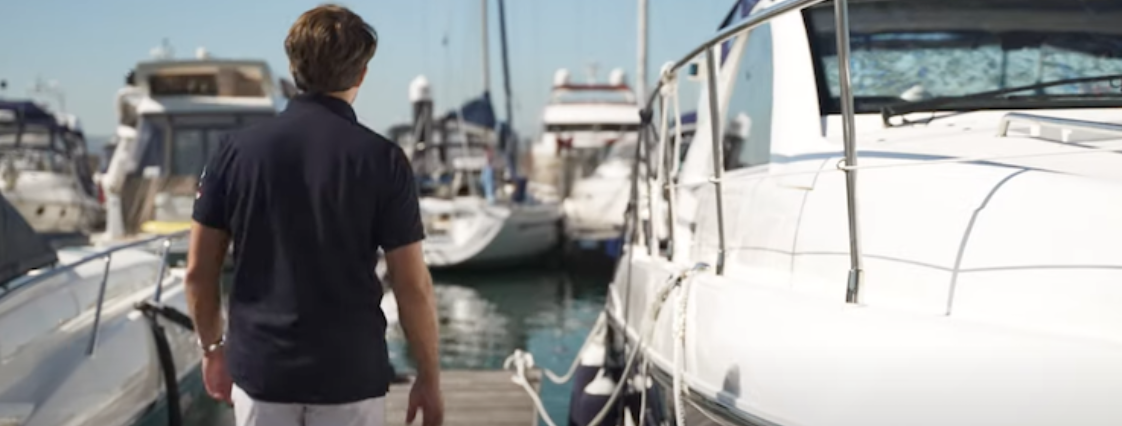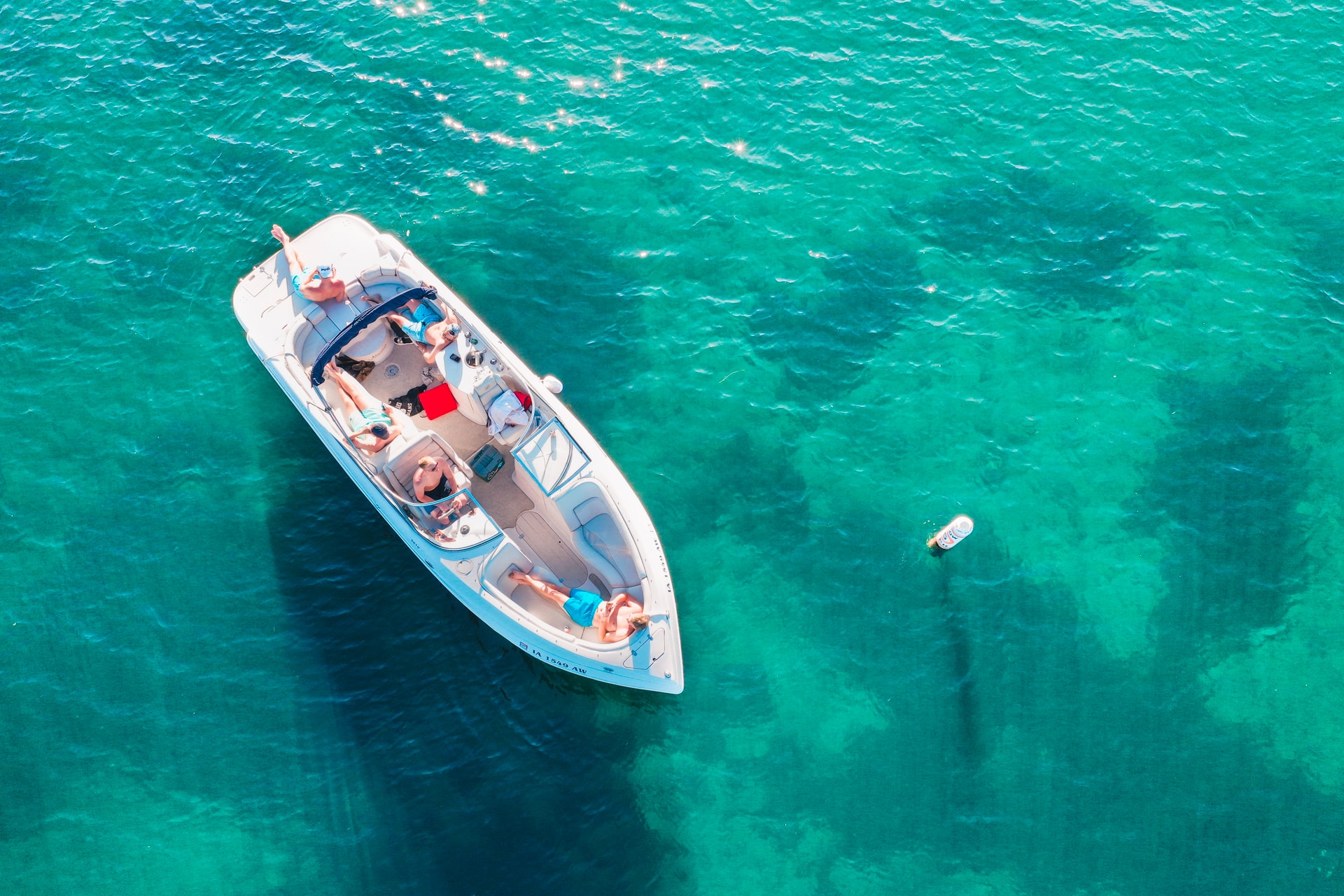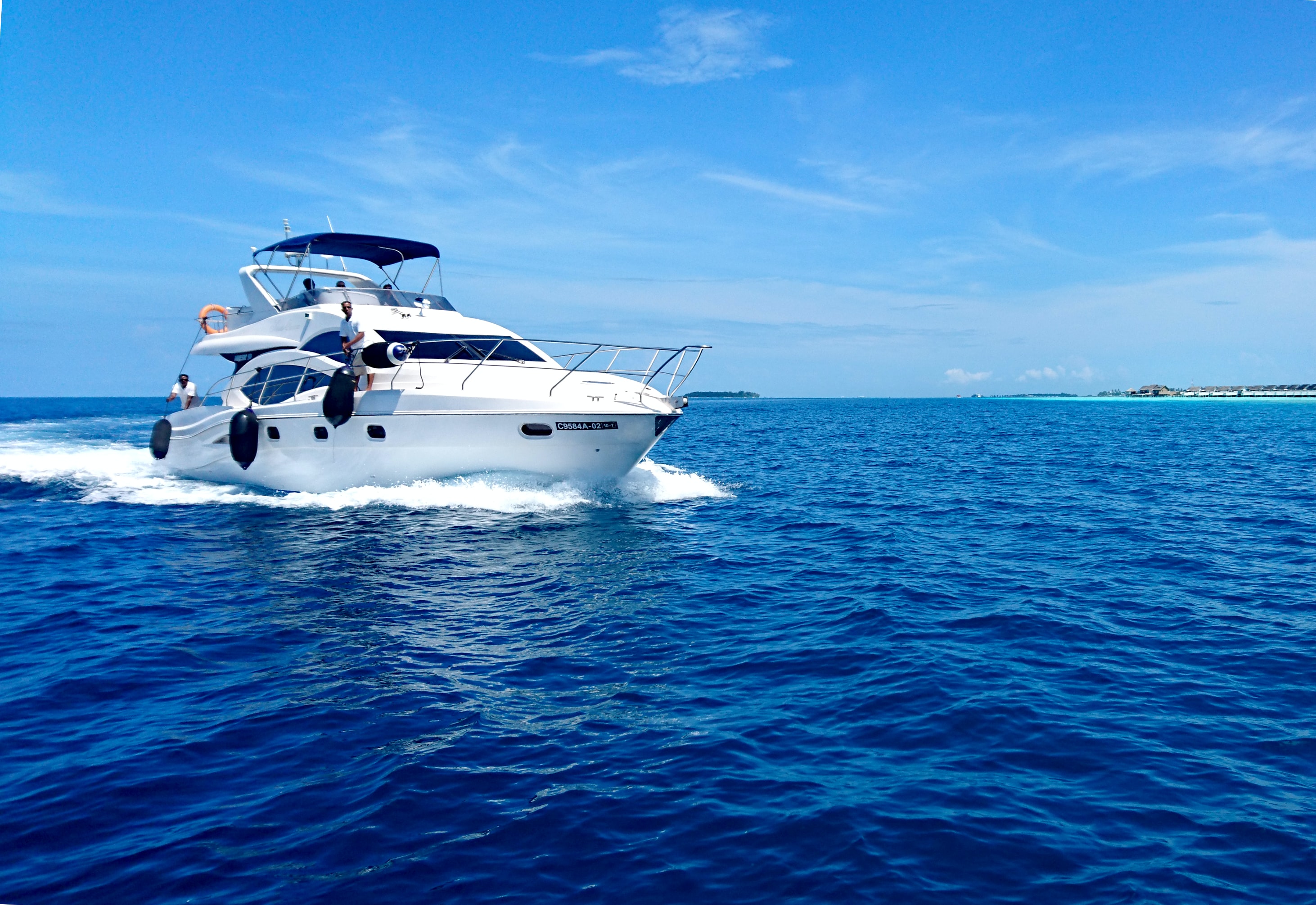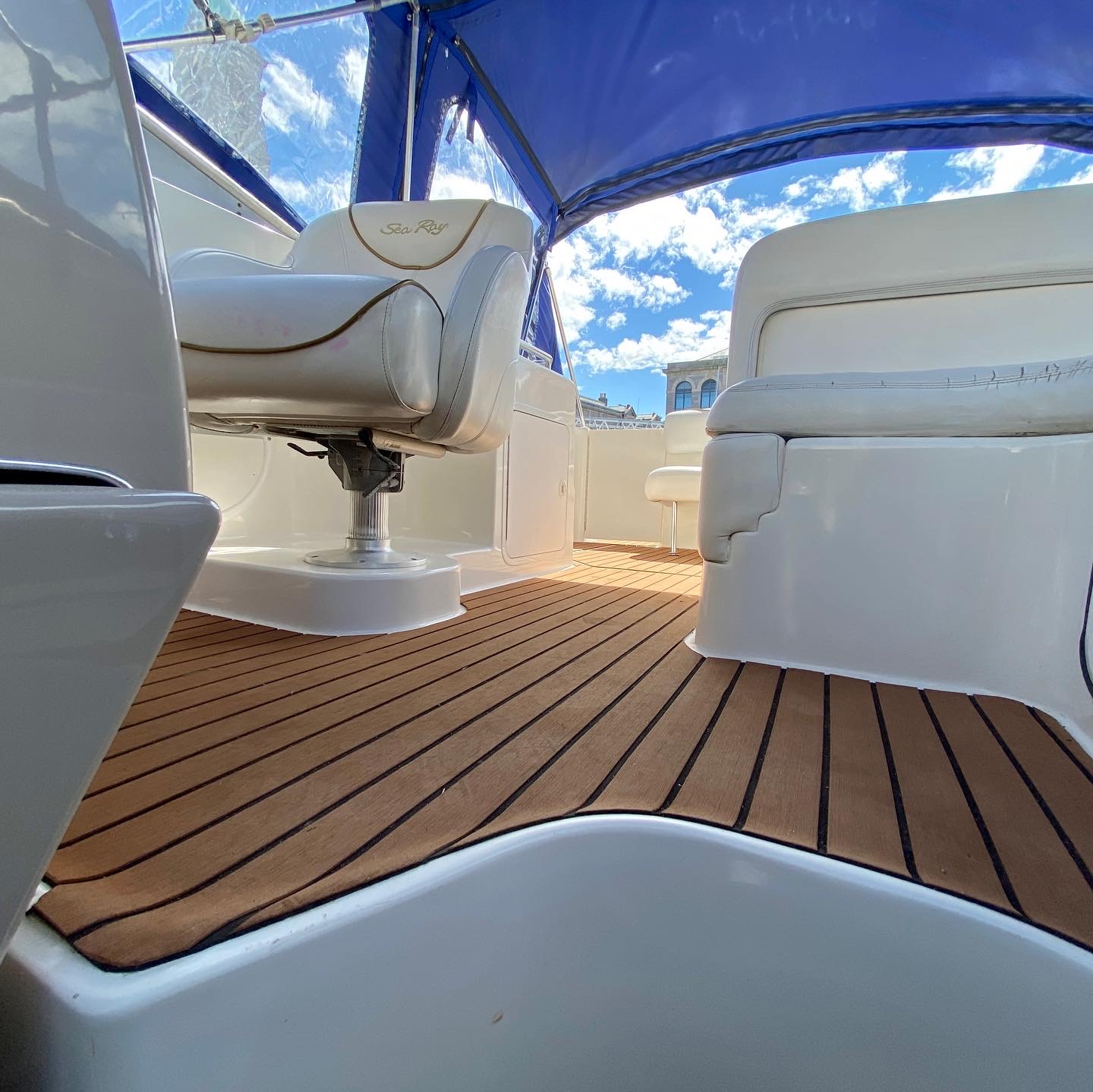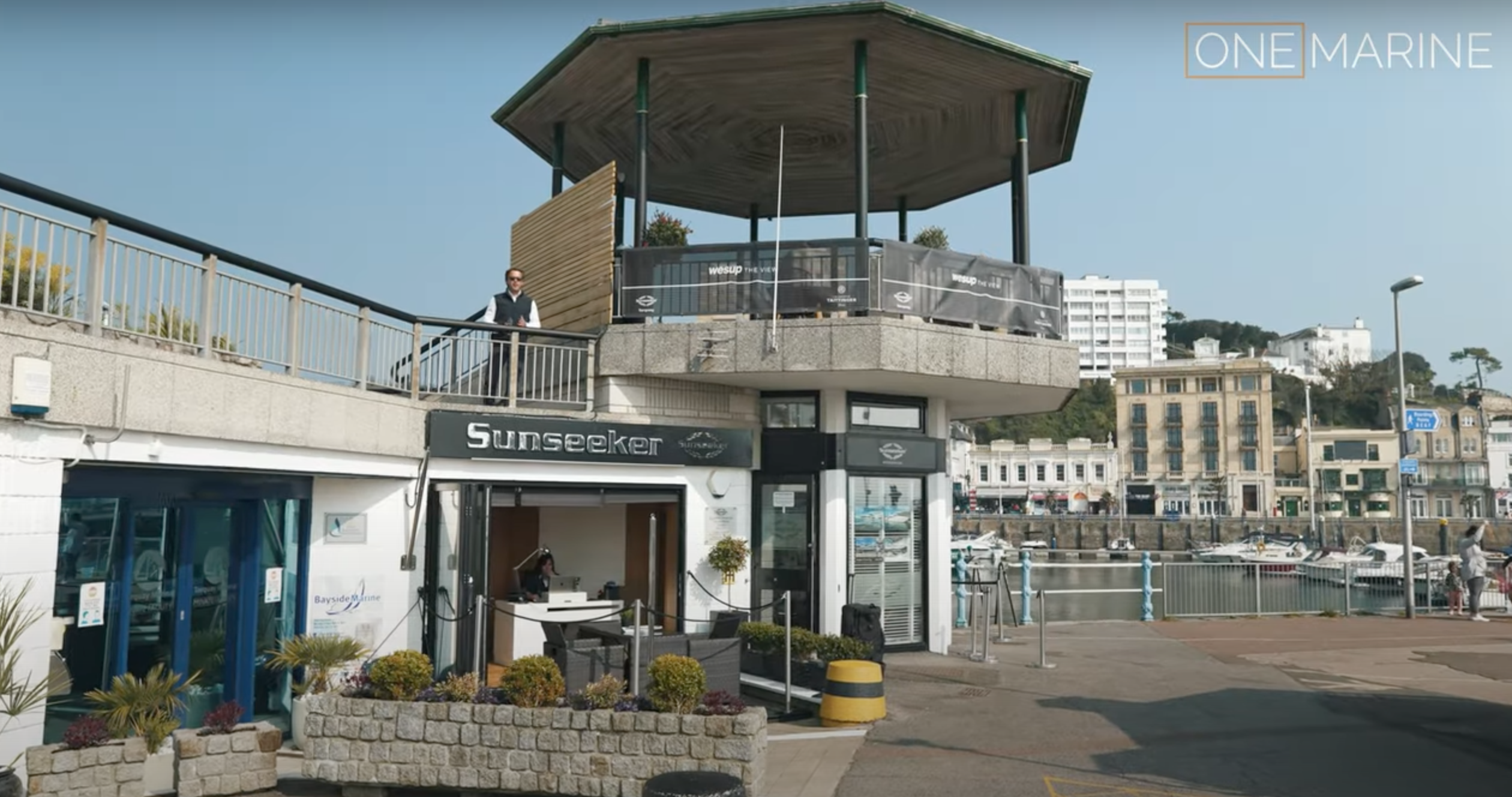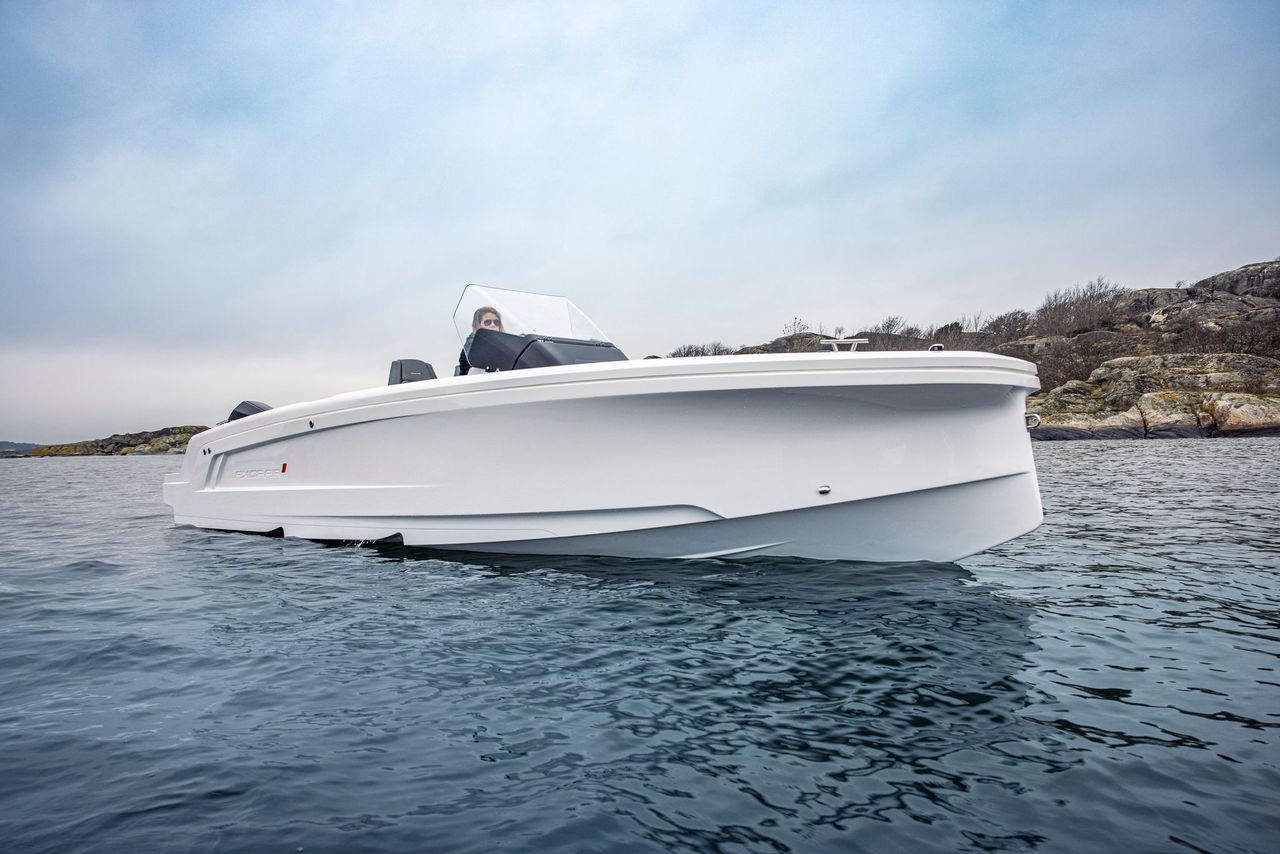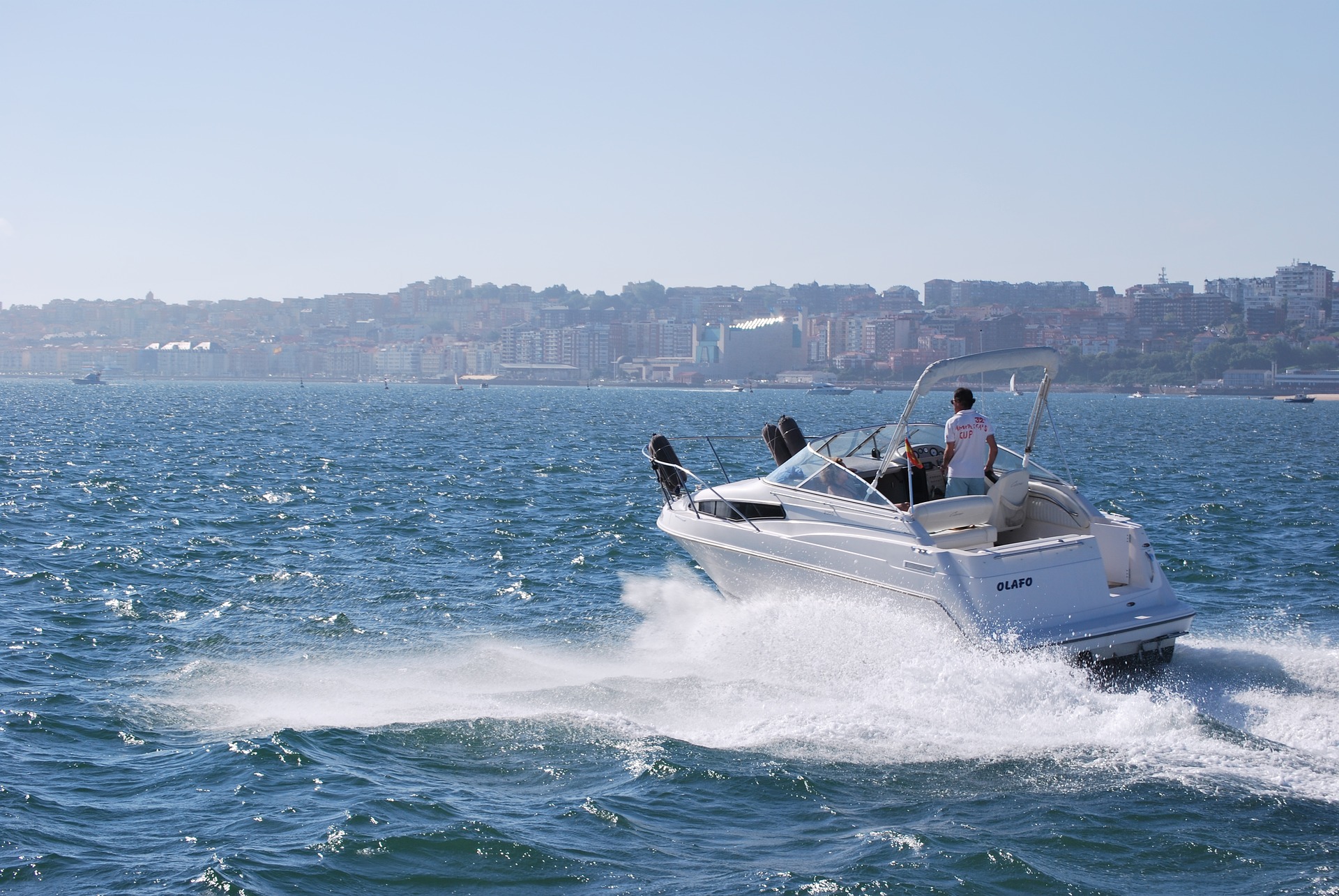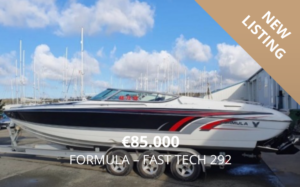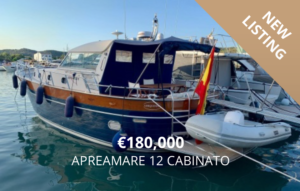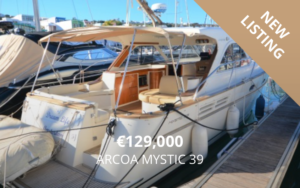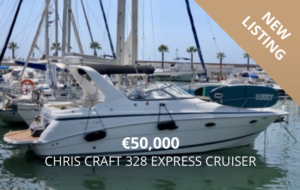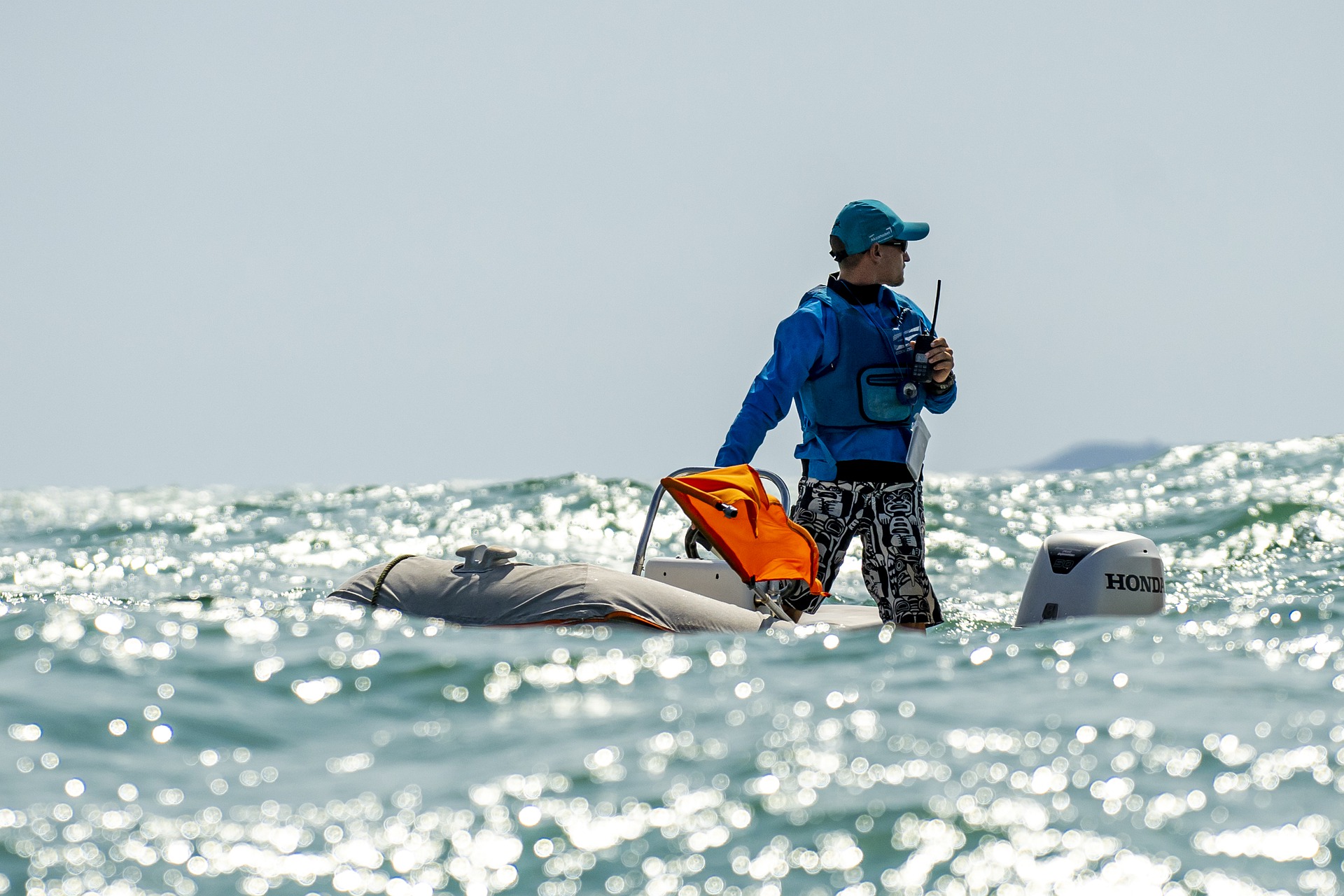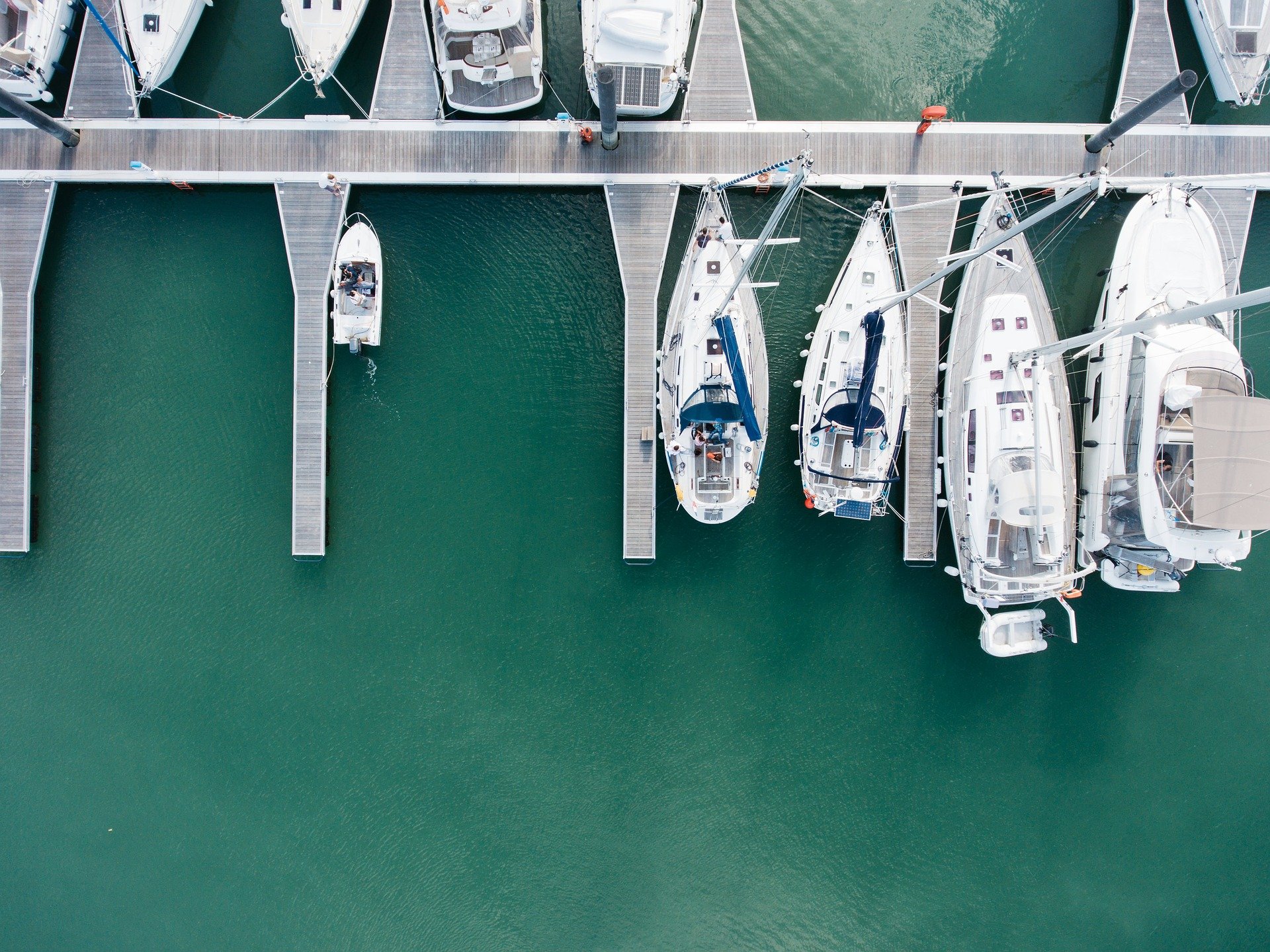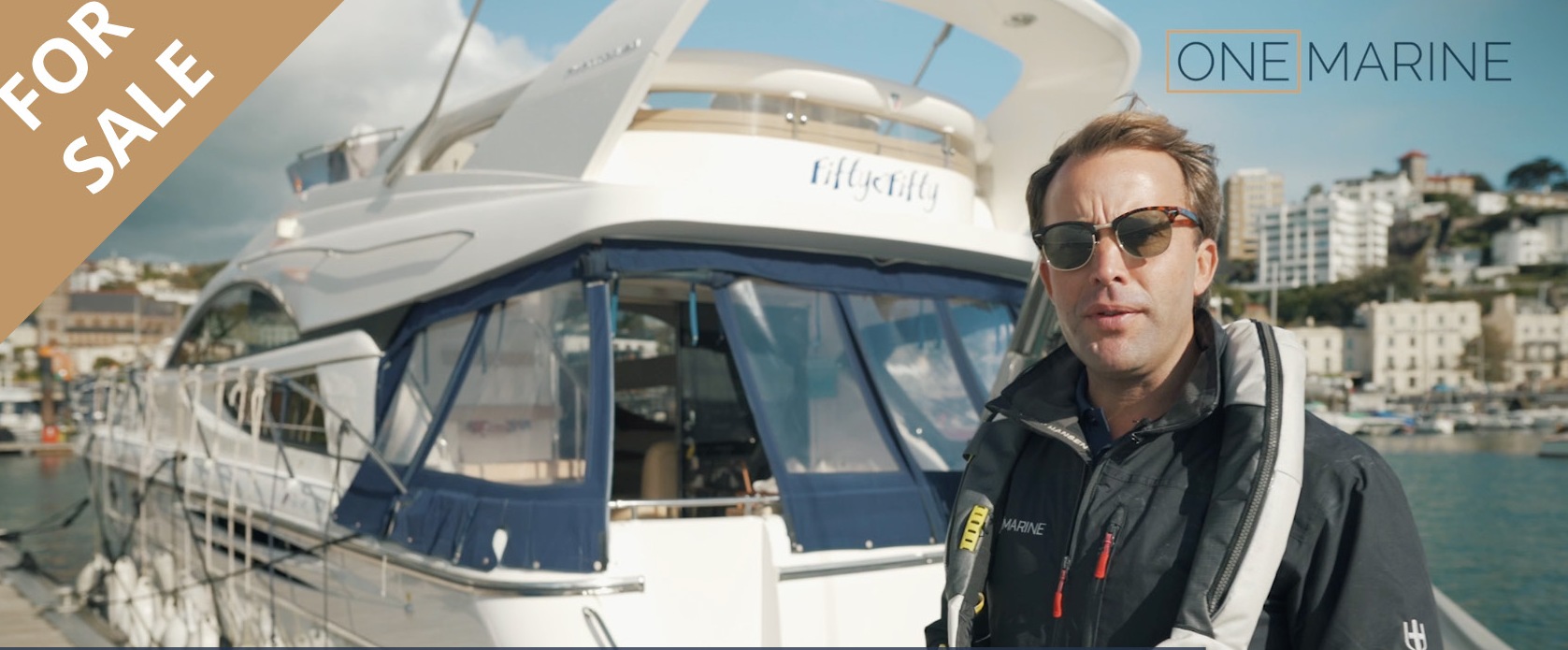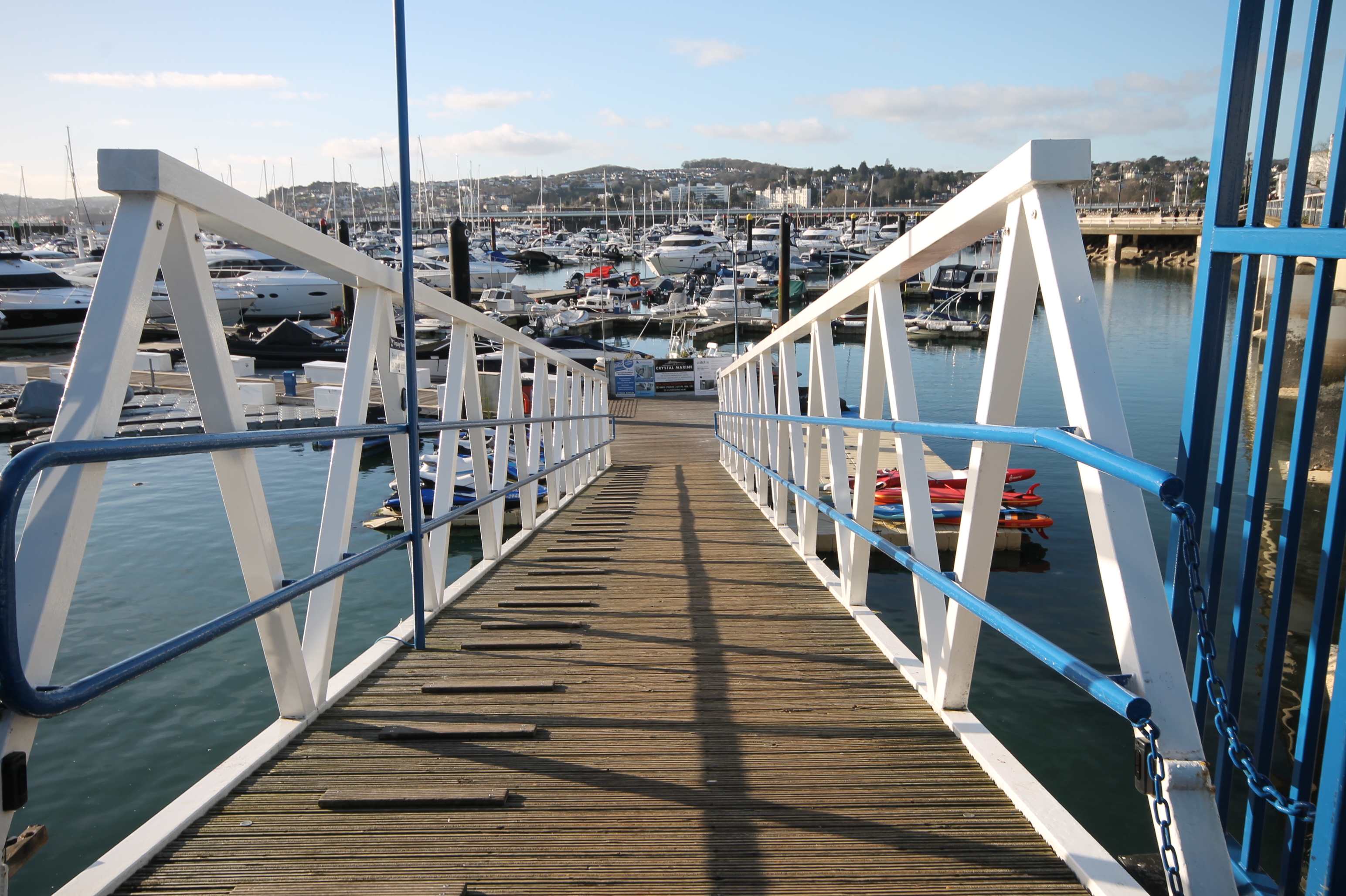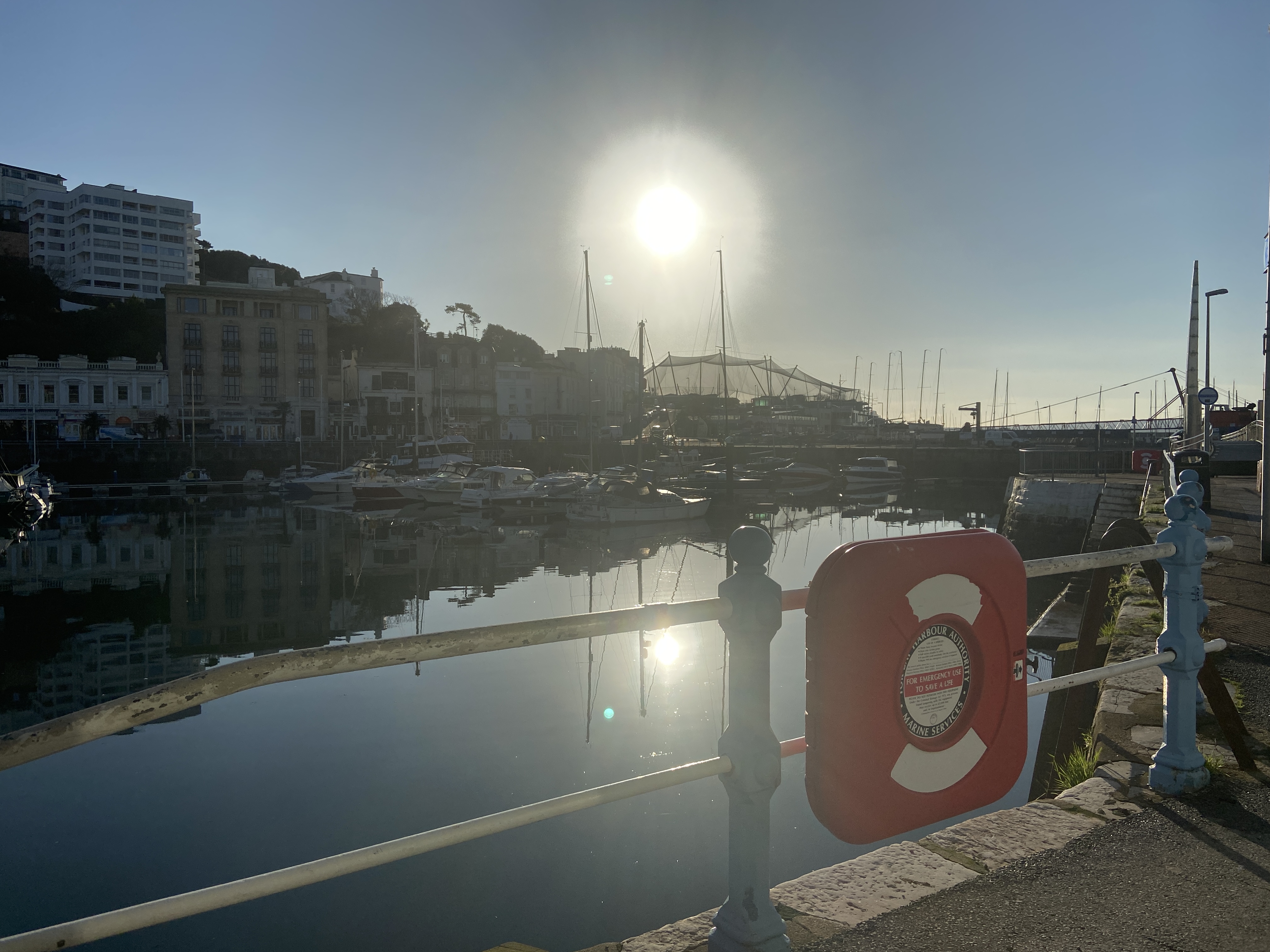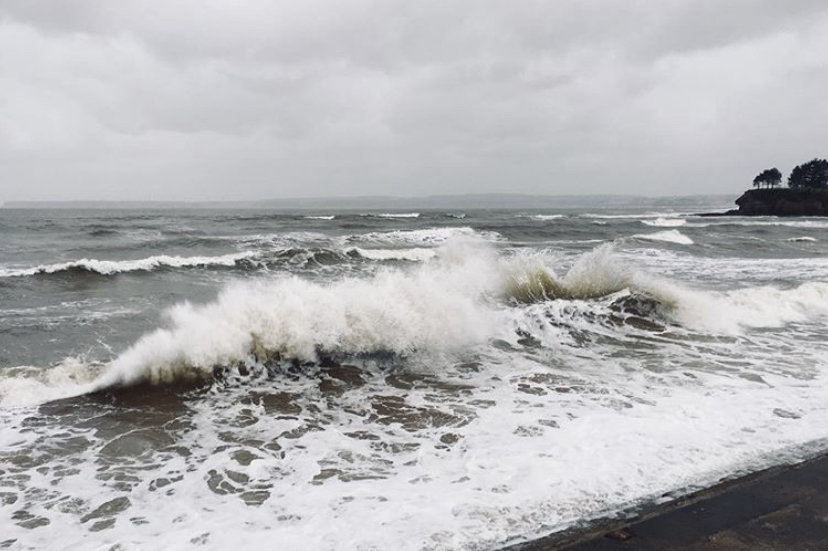Last updated: August 2025
When it comes to purchasing a power boat in the £100,000 to £750,000 range, understanding VAT regulations has become significantly more complex since Brexit. Whether you’re buying from an EU dealer, importing a boat that’s been cruising the Mediterranean, or simply trying to understand your obligations as a UK buyer, the regulatory landscape can feel overwhelming.
Important Disclaimer: One Marine are experienced boat brokers, not tax advisors. The information in this guide is for general guidance only and should not be relied upon for specific tax advice. Always consult a qualified tax advisor or customs specialist for advice relating to your particular circumstances.
At One Marine, with over 40 years in the brokerage business and offices spanning the UK, Portugal, and Spain, we’ve witnessed firsthand how Brexit has transformed boat buying decisions. This guide aims to clarify the key issues, but remember—when significant sums are at stake, professional tax advice is essential.
Understanding UK VAT on Boats: The Fundamentals
The UK applies Value Added Tax (VAT) at a standard rate of 20% on most goods and services, including pleasure craft. According to HMRC’s VAT Notice 744C, motor cruisers, powerboats, and yachts are specifically categorised as vessels “designed or adapted for use for recreation or pleasure” and therefore do not qualify for VAT exemptions available to commercial vessels.
When UK VAT Becomes Due
VAT becomes payable on a power boat when what HMRC calls a “chargeable event” occurs. According to the Boatshed Knowledge Base, this includes:
- Sale by a VAT-registered business – When a vessel is sold by someone registered for VAT
- Import from outside the EU – When importing a boat that hasn’t had EU VAT paid on it
- New means of transport – When a UK resident purchases a new vessel VAT-free in another EU member state
The £100k-£750k Price Range Implications
For boats in the £100,000 to £750,000 range, VAT represents a significant cost—potentially £20,000 to £150,000. UK import duties on boats generally range from 0% to 12%, though the specific rate depends on the boat’s classification and country of origin.
Post-Brexit VAT Status: What’s Changed
Brexit fundamentally altered the VAT landscape for UK boat buyers. As noted by Yachting Monthly, boats that were legitimately purchased and kept in the EU while owners were EU citizens now face potential UK VAT liability when returning to UK waters.
The Critical Date: 31 December 2020
The Brexit transition period ended at 23:00 UTC on 31 December 2020. This date determines VAT status for many boats:
- Boats in UK waters on this date: Generally retain UK VAT-paid status
- Boats in EU waters on this date: May have acquired EU VAT-paid status
- Boats that left the UK before Brexit: May require UK VAT payment upon return, unless they qualify for Returned Goods Relief (RGR)
Returned Goods Relief (RGR)
RGR allows boat owners to reimport their vessels into the UK without paying Customs Duty and VAT, but only if:
- The boat has been in the UK under present ownership
- The boat hasn’t been sold while outside the UK
- The owner can provide appropriate documentation
Crucially, the initial deadline for RGR applications (30 June 2022) has been extended, but conditions remain strict.
Temporary Admission: The Mediterranean Cruising Solution
For UK boat owners wanting to cruise EU waters, Temporary Admission (TA) provides a legal framework to avoid paying EU VAT on temporary visits.
How Temporary Admission Works
According to the RYA, if you’re not established in the EU, and your boat isn’t registered in the EU, it can enter EU waters for up to 18 months under temporary admission, provided it’s:
- Intended for re-export
- For personal use only
- You can demonstrate you’re not an EU resident
The 18-Month Rule
The Cruising Association explains that the 18-month period applies each time you enter EU waters. Importantly, you can “reset” this period by taking your boat outside EU waters and re-entering.
UK Temporary Admission Changes
The UK has recently extended its own Temporary Admission period. As of July 2025, new legislation increases the temporary admission period for foreign boats visiting the UK, though this doesn’t affect the 18-month EU temporary admission period.
Documentation Requirements: What You Need
Proper documentation is crucial for proving VAT status and avoiding complications. Essential documents include:
For UK VAT-Paid Boats
- Original VAT invoice showing 20% UK VAT paid
- Proof of UK customs clearance (if imported)
- Registration documents
- Insurance documentation
For EU Boats Being Imported
- Bill of Sale – Proving purchase price and VAT status
- VAT invoice – If EU VAT was paid, showing rate and amount
- Import documentation – Customs declarations from original import
- Registration certificates – From the country of registration
For Temporary Admission
- Proof of residence – Demonstrating you’re not an EU resident
- Insurance documentation – Valid for EU waters
- Registration documents – Showing non-EU registration
- Cruising permits – Where required by specific countries
Cost Implications and Planning Considerations
Understanding the total cost implications helps in making informed purchase decisions.
VAT Calculations
VAT is calculated on the total value, which typically includes:
- Purchase price
- Shipping costs
- Insurance during transport
- Any import duties
For a £300,000 boat with £5,000 shipping costs and £1,000 import duty, UK VAT would be calculated as: (£300,000 + £5,000 + £1,000) × 20% = £61,200
Hidden Costs to Consider
Beyond VAT, buyers should budget for:
- Customs duty – Generally 0-12% depending on origin
- Survey costs – For condition assessment
- Transport and delivery – Particularly for EU purchases
- Professional advice – Tax and legal consultation
- Registration fees – For UK registration if required
Regional Variations
VAT treatment can vary depending on where you purchase. As the RYA notes, “All EU countries must comply with the provisions in the EC VAT Directive, however, some provisions may be interpreted in slightly different ways.”
When to Seek Professional Advice
Given the complexity and potential costs involved, professional advice is recommended in several scenarios:
Complex Purchase Situations
- Buying from an EU dealer with unclear VAT status
- Importing a boat that’s been in EU waters since before Brexit
- Purchasing through intermediaries or at boat shows
- Acquiring a boat with incomplete documentation
High-Value Transactions
For boats approaching or exceeding £500,000, the VAT implications alone can exceed £100,000. Professional advice becomes cost-effective when weighed against potential penalties or incorrect payments.
International Cruising Plans
If you plan to cruise extensively in EU waters, understanding temporary admission rules and optimal timing is crucial for compliance and cost management.
Practical Steps for Buyers
Before Making an Offer
- Verify VAT status – Request documentation proving current VAT position
- Understand total costs – Factor in VAT, duties, and additional fees
- Plan cruising intentions – Consider temporary admission requirements
- Engage professionals – Consult tax advisors for complex situations
During Purchase Process
- Review all documentation – Ensure completeness and authenticity
- Arrange surveys – Independent condition assessment
- Confirm delivery arrangements – Including customs clearance responsibilities
- Establish insurance – Coverage for transit and intended use
Post-Purchase Compliance
- Maintain complete records – All VAT and customs documentation
- Report arrivals and departures – Using the sPCR service for UK movements
- Monitor time limits – For temporary admission periods
- Plan ahead – For re-entry or extended cruising
One Marine’s Role in Guiding Clients
With our international presence spanning Torquay, Portugal, and Spain, One Marine is uniquely positioned to help clients navigate these complex waters. Our 40+ years of experience means we’ve guided thousands of transactions through various regulatory changes.
However, we always emphasise that we are brokers, not tax advisors. While we can share our experience and connect you with appropriate professionals, formal tax advice must come from qualified specialists.
Our role includes:
- Identifying potential VAT issues early in the buying process
- Connecting you with qualified advisors including customs specialists and maritime tax experts
- Coordinating documentation to ensure smooth transactions
- Leveraging our international network for complex cross-border purchases
Key Takeaways
- VAT is a significant cost – Plan for 20% on most power boat purchases
- Brexit changed everything – Pre-2021 assumptions may no longer apply
- Documentation is critical – Maintain complete records of VAT status
- Temporary admission has limits – 18 months maximum in EU waters per visit
- Professional advice pays – Complex transactions justify expert consultation
- Plan your cruising – Understand limitations before committing to purchase
Staying Current with Changing Regulations
VAT and customs regulations continue to evolve post-Brexit. Recent changes to UK customs regulations demonstrate the ongoing nature of regulatory updates.
We recommend:
- Regular consultation with qualified tax advisors
- Monitoring HMRC updates particularly VAT notices affecting marine craft
- Staying informed through reputable maritime publications
- Engaging experienced brokers who track regulatory changes
About One Marine: Established over 40 years ago, One Marine specialises in power boat brokerage across the UK and Mediterranean. With offices in Torquay, Portugal, and Spain, we’ve facilitated over 10,000 boat sales, including extensive experience with the regulatory complexities of international transactions.
Need Help? While this guide provides general information, every boat purchase is unique. Contact One Marine to discuss your specific requirements and be connected with appropriate professional advisors.
Disclaimer: This information is provided for general guidance only and should not be relied upon for specific tax advice. Tax regulations can change, and individual circumstances vary significantly. Always consult qualified tax advisors and customs specialists for advice relating to your particular situation.
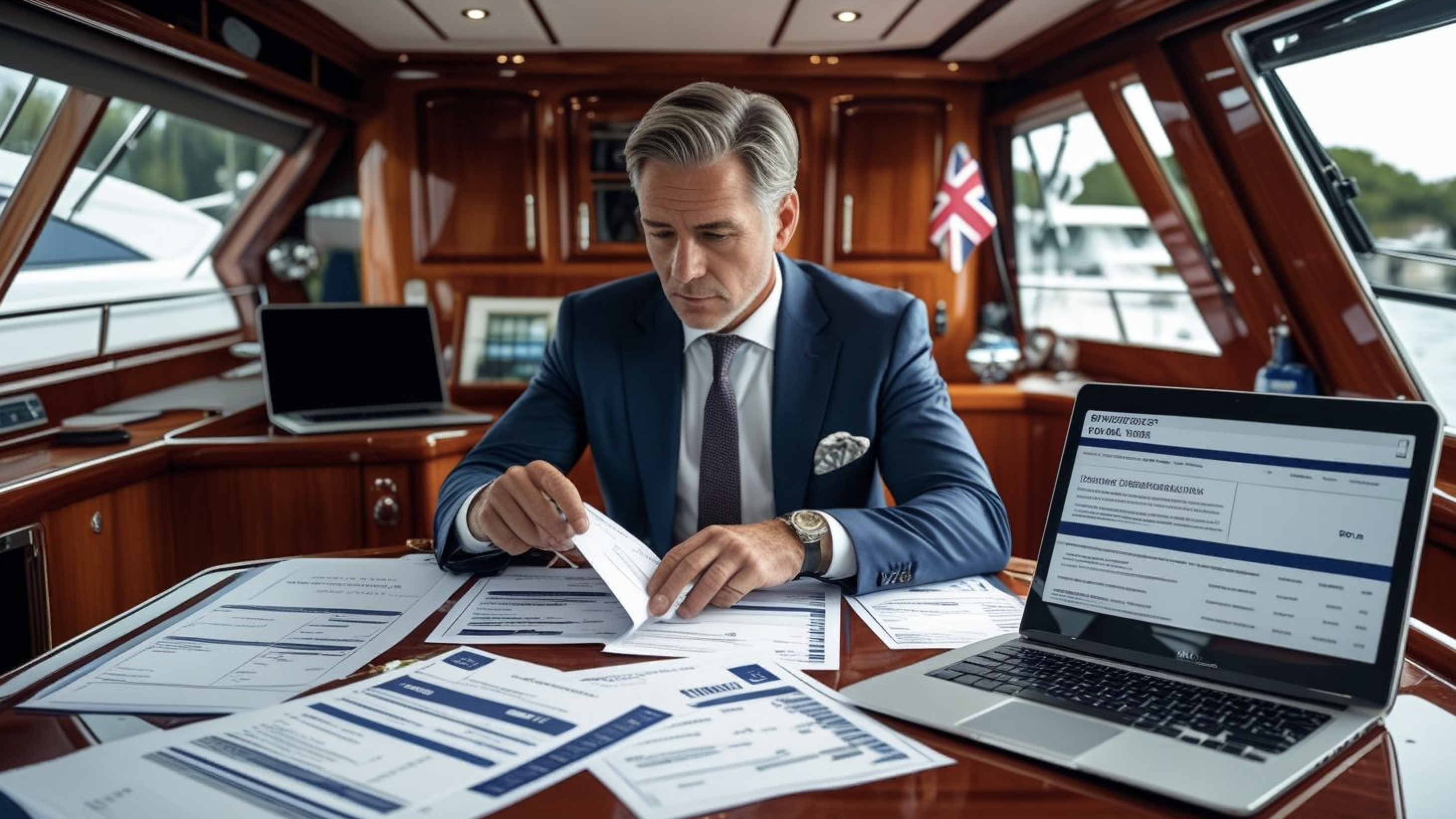
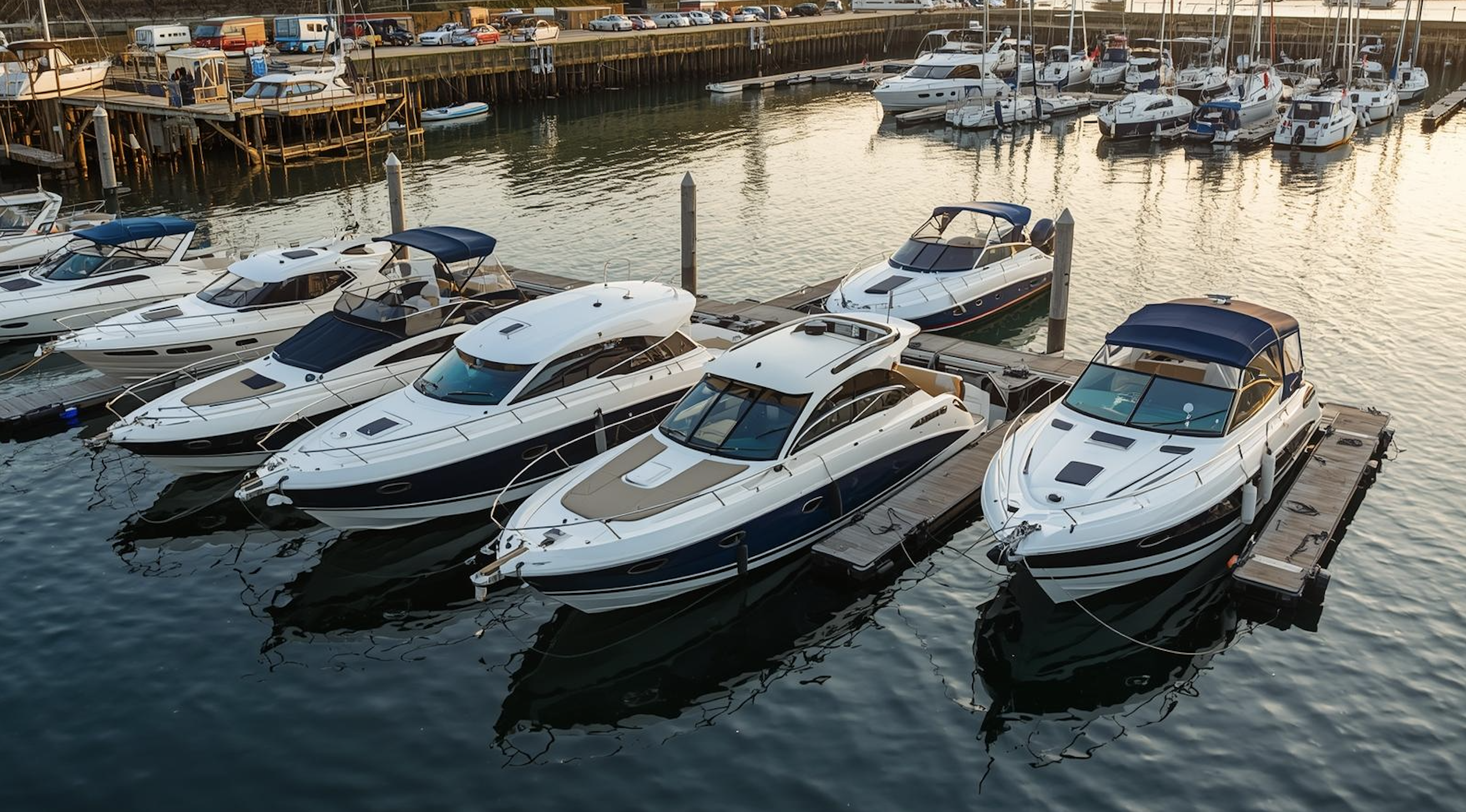
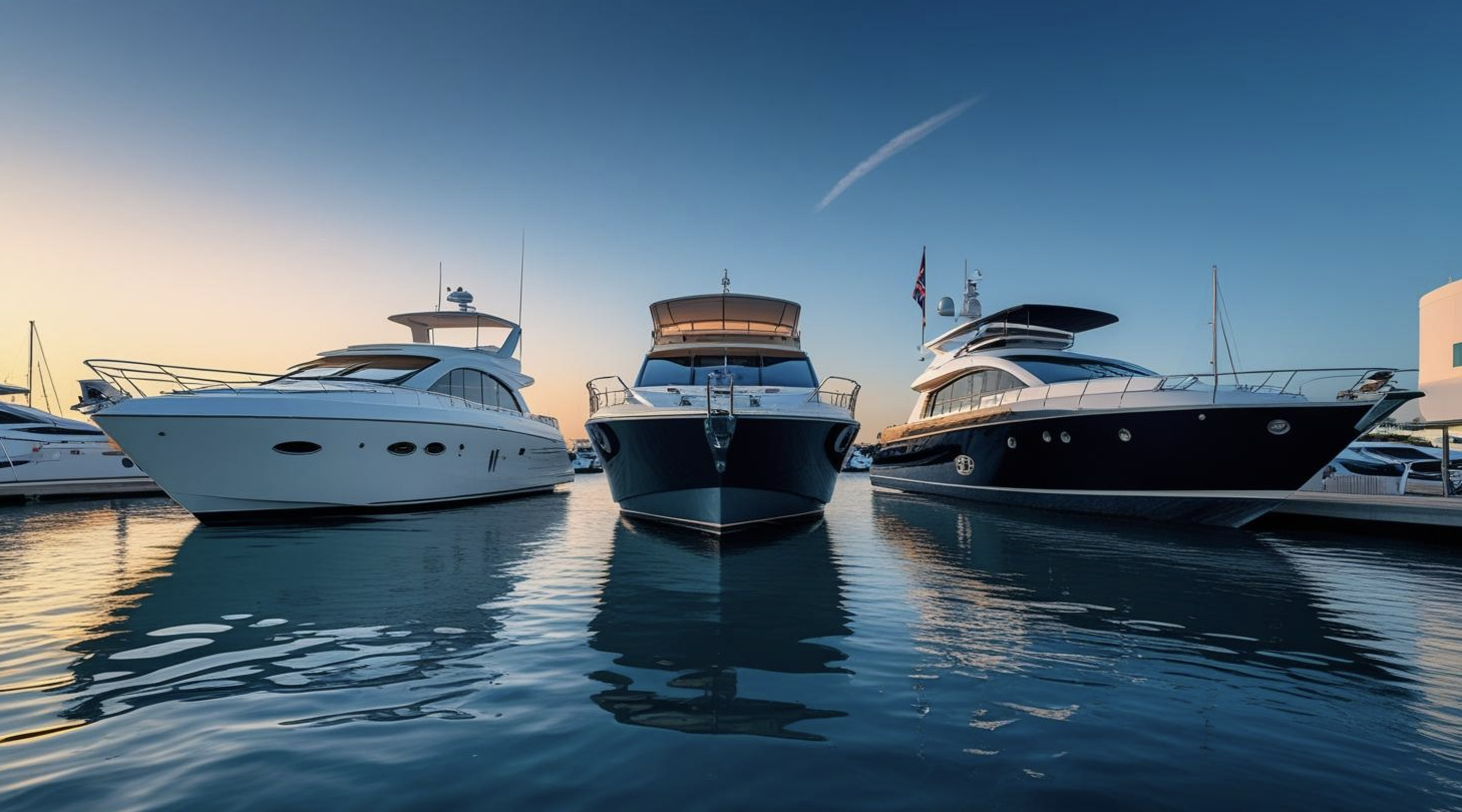
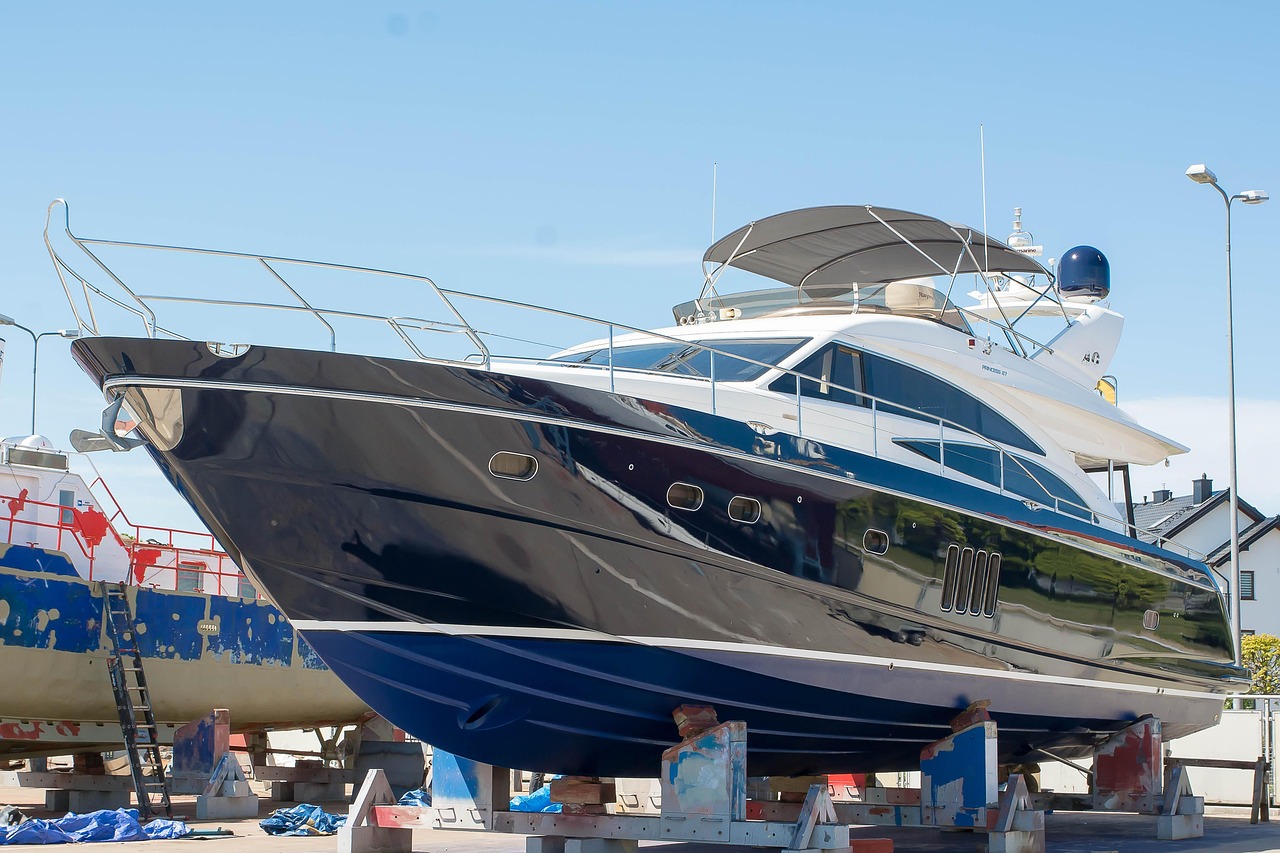

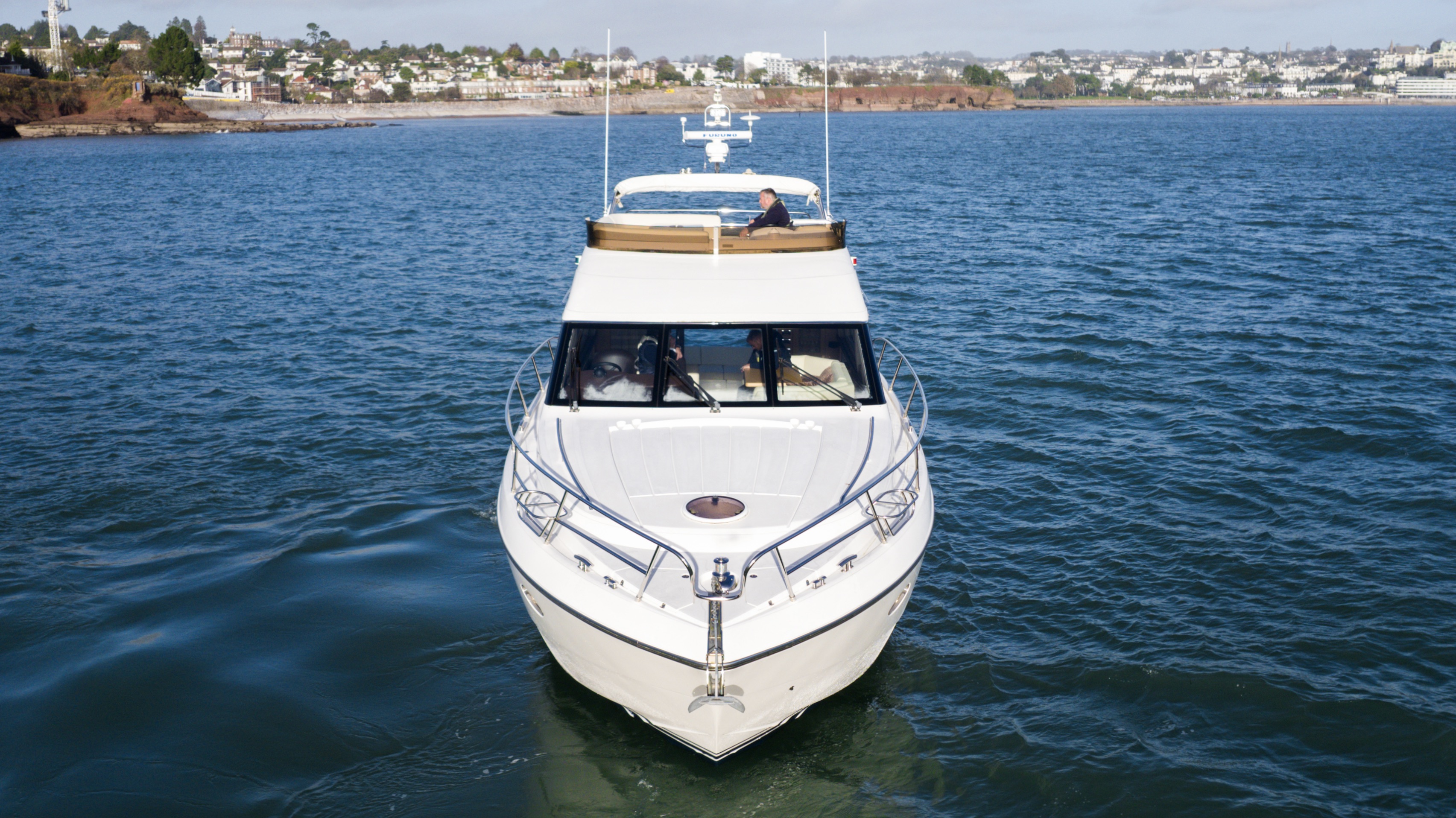
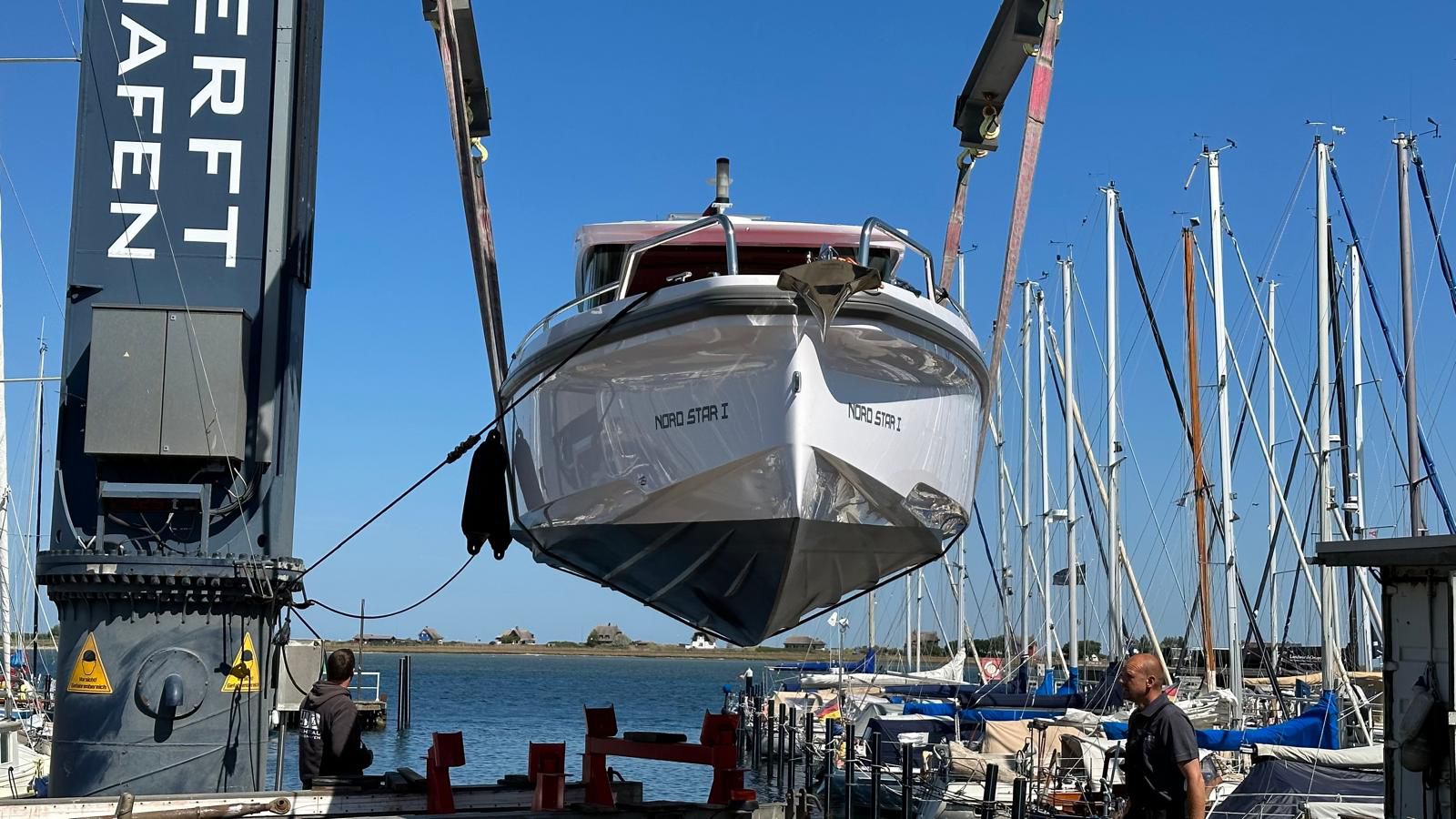
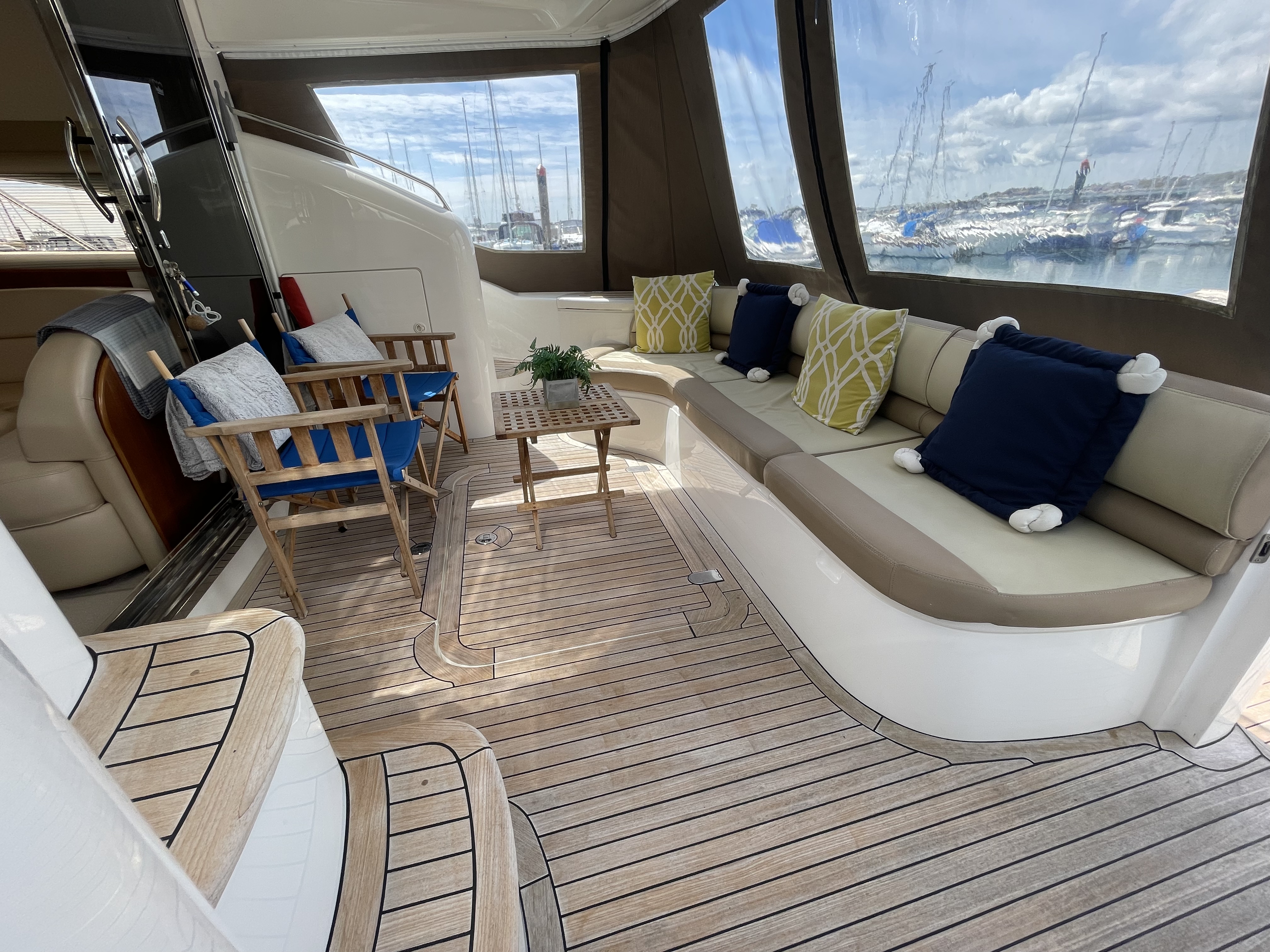




























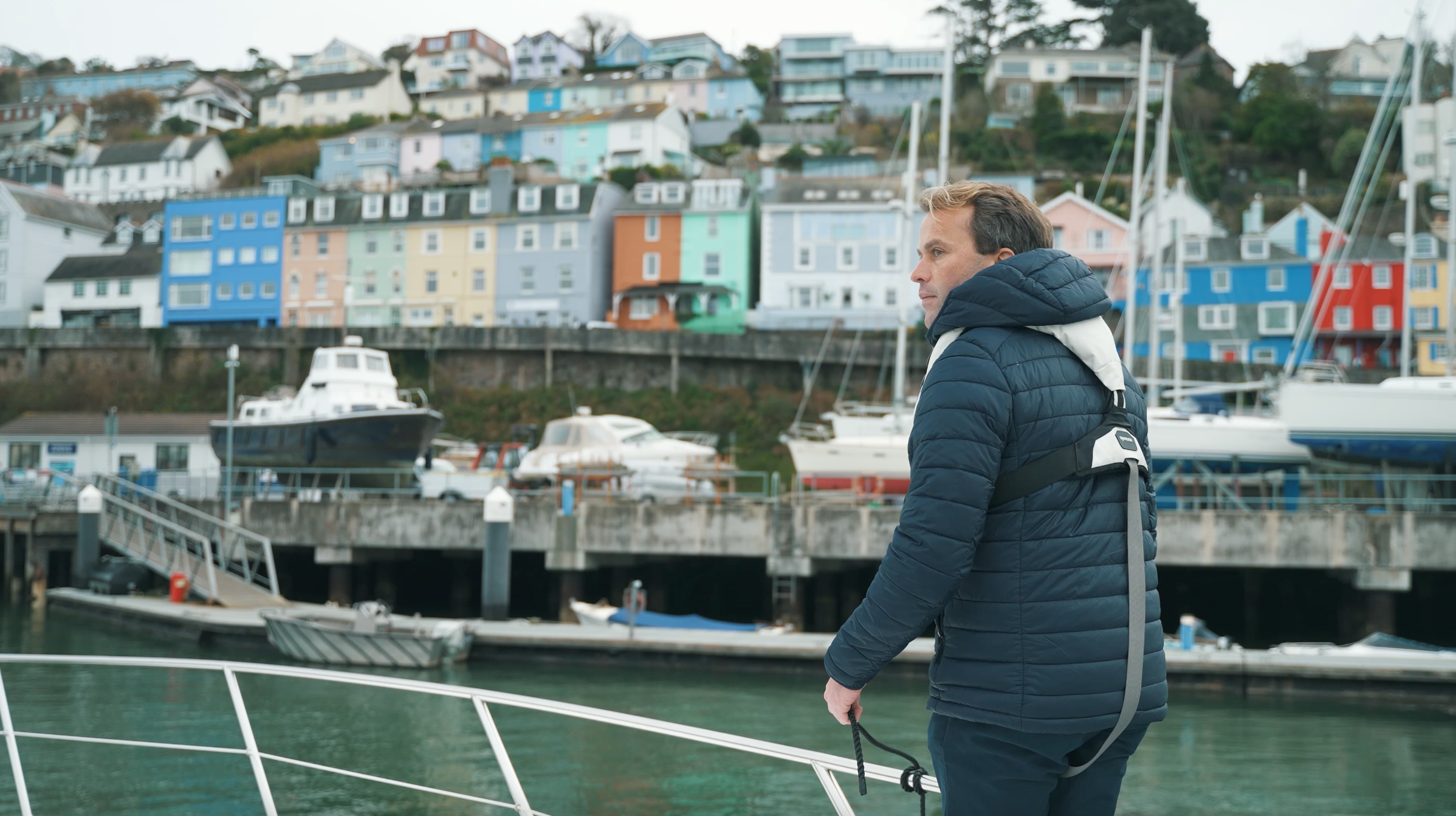





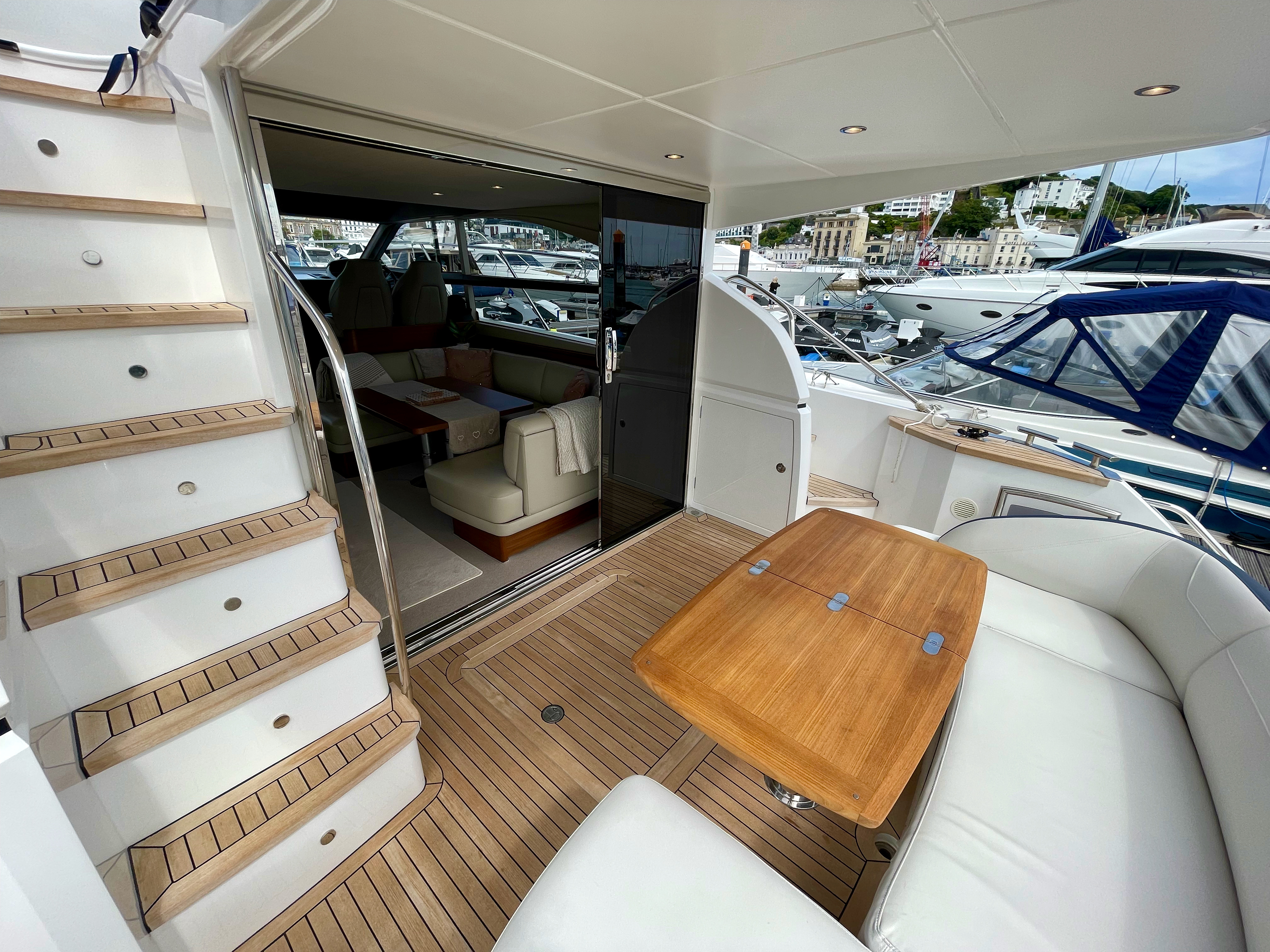









 One Marine Latest Video
One Marine Latest Video